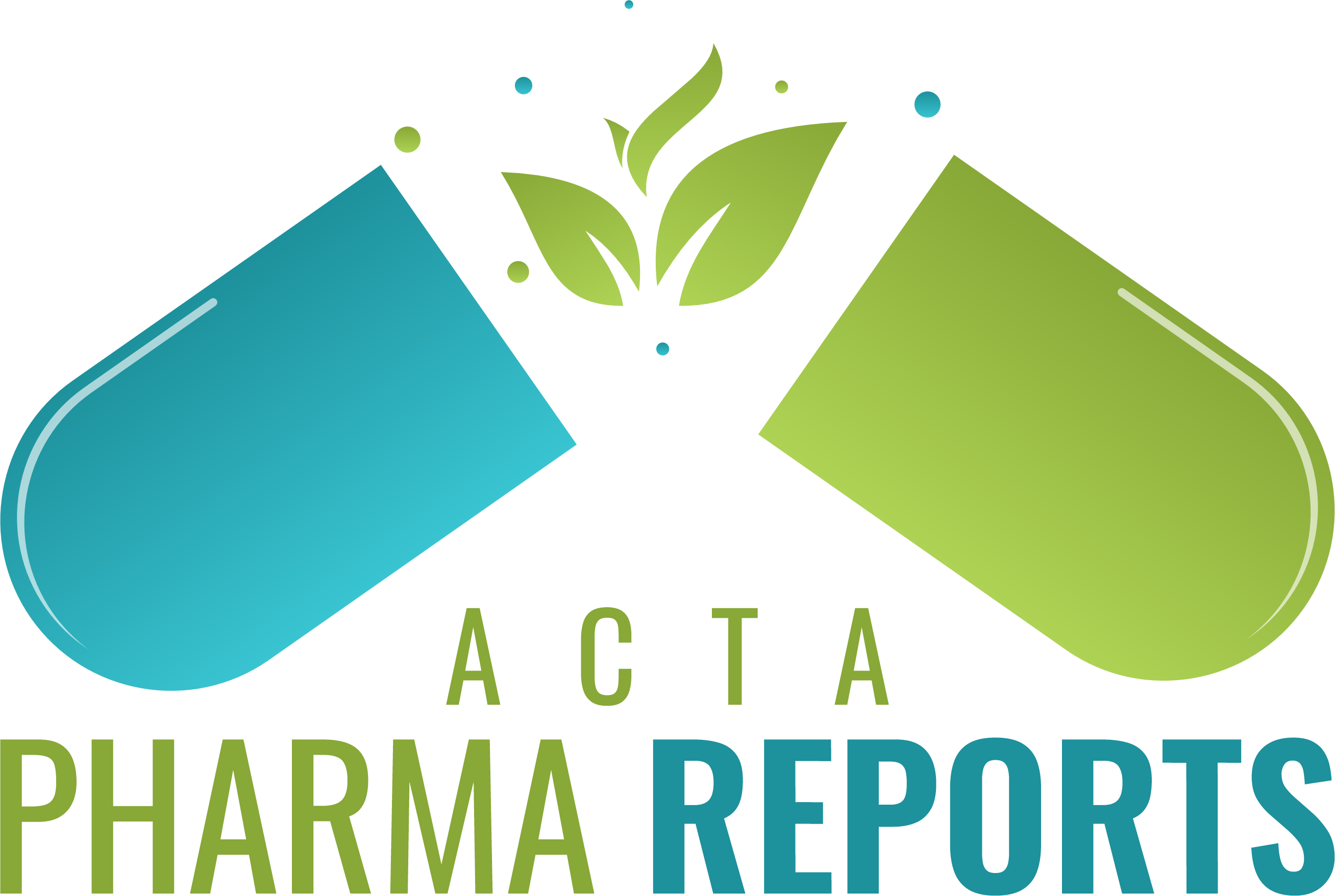Fermented foods represent a rich source of bioactive peptides with significant antimicrobial and antioxidant properties, offering promising alternatives to synthetic preservatives and therapeutic agents. During fermentation, proteolytic enzymes from lactic acid bacteria, yeasts, and other microorganisms cleave food proteins into smaller peptide fragments that exhibit enhanced biological activity. These bioactive peptides demonstrate broad-spectrum antimicrobial efficacy against pathogenic bacteria, fungi, and viruses through multiple mechanisms, including membrane disruption, enzyme inhibition, and interference with cellular processes. Common fermented foods, such as yogurt, kefir, cheese, kimchi, miso, and fermented fish products, contain peptides with potent antimicrobial activity against foodborne pathogens, including Escherichia coli, Salmonella, and Listeria monocytogenes. The antioxidant properties of these peptides contribute to their protective effects against oxidative stress, which is implicated in aging, cardiovascular disease, and cancer. Peptides from fermented dairy products, particularly those derived from casein and whey proteins, exhibit strong radical scavenging activity and metal chelation properties. Fermented plant-based foods also yield peptides with notable antioxidant capacity, including those from fermented soybeans and legumes. The dual functionality of these naturally occurring peptides makes them attractive candidates for food preservation, nutraceutical development, and therapeutic applications. Their biodegradability, safety profile, and consumer acceptance as natural food components position bioactive peptides from fermented foods as sustainable alternatives to conventional antimicrobial and antioxidant compounds. Future research should focus on optimizing fermentation conditions, characterizing peptide structures, and developing scalable extraction methods to fully exploit their commercial potential.
